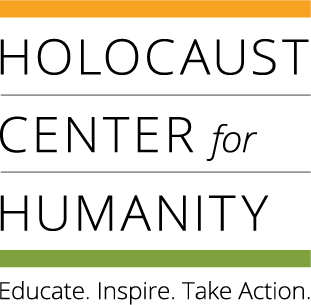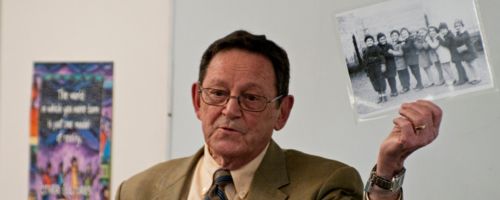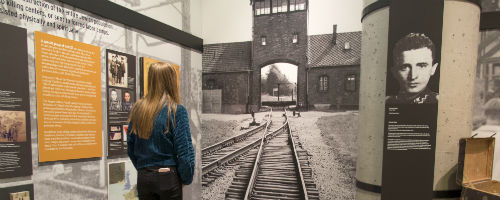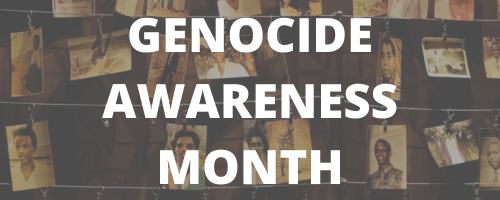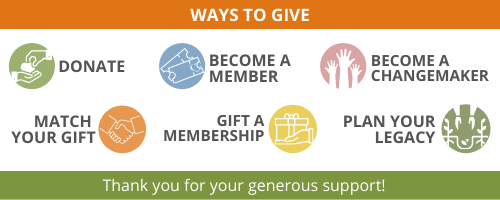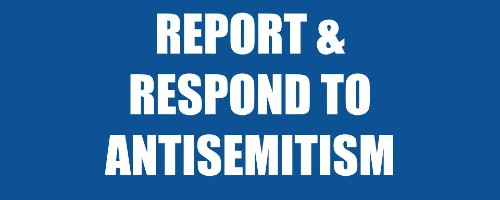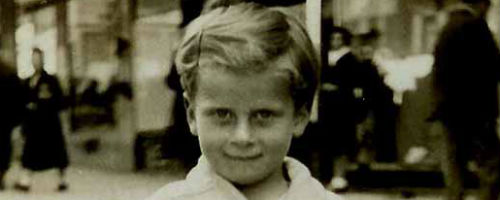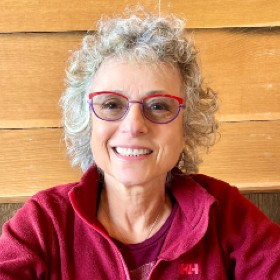

Beth Lippman presents an expansive and compelling story about her mother’s experiences and survival during the Holocaust. Her mother, Basia Lemberger, was born in Lodz, Poland in 1925. She had a younger sister and brother.
Basia had a difficult childhood. She was very aware of antisemitism and poverty in her life.
She and her sister Laya registered for a forced labor camp with the false promise that her parents would receive compensation. She never saw her parents again after 1940. She was in a labor camp in the Posnan area in Poland for 3 years working on construction projects for the Reich.
When the labor was completed, Basia was deported to Auschwitz where she was imprisoned for 2 years. In 1945, after a death march from Auschwitz to Ravensbruck, she was able to escape and eventually get to an orphanage in France.
Basia came to the United States sponsored by an uncle in New York, and found she had to make her own way.
She married and had a family, but suffered greatly from her traumatic experiences.
Beth lives East of Seattle, and has two grown children, including a son who lives in the area. She feels gratified to share her mother's story, which she began hearing at a very young age.
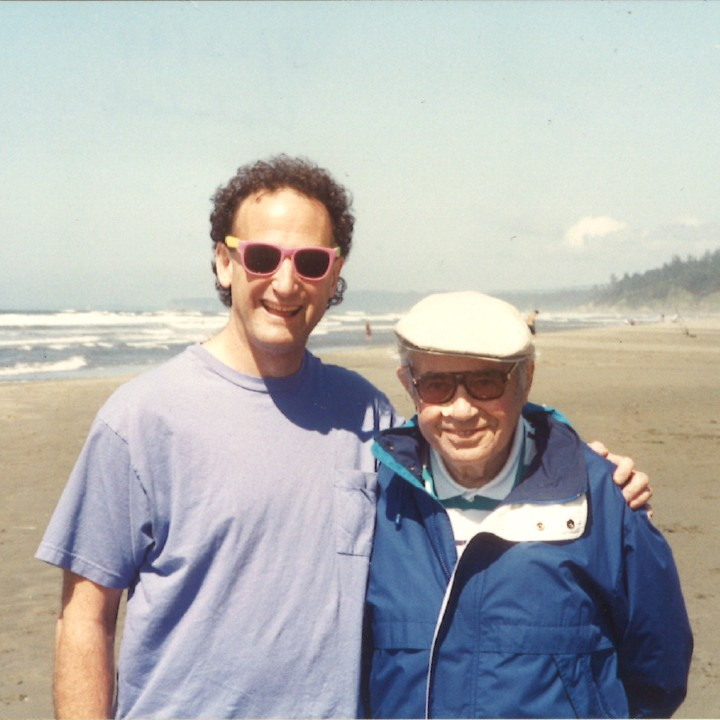
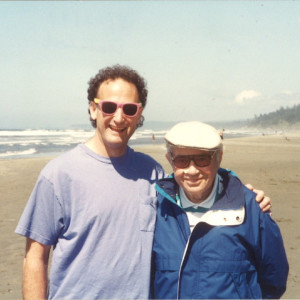 Tom Heller, MD, is the son of Holocaust survivors.
Tom Heller, MD, is the son of Holocaust survivors.
Tom’s father Paul was born in Chomutov, Czechoslovakia (now Czech Republic) in 1914. As a young student, Paul was the only Jewish student in his class. He attended Charles University and medical school in Prague and graduated in 1938. In March 1939, Nazi Germany invaded and annexed Czechoslovakia. Dr. Heller was poised to leave the country for England, but on the first day of WWII – September 1 – was arrested by the Gestapo for anti-Nazi activity connected to a university group.
He was detained as a political prisoner, sent to Dachau and Buchenwald concentration camps, where he spent 3 ½ years doing hard labor, and then to Auschwitz in 1943. Exploiting his skills as a physician, Dr. Heller was sent by the Nazis to work at a clinic in sub-camp Jawarzno. Dr. Heller was a part of a death march to Gross-Rosen concentration camp before being transported back to Buchenwald in February 1945. Liberation finally came that April. World-famous reporter Edward R. Murrow visited Buchenwald on April 12, and in a live broadcast several days later mentioned Dr. Heller, thus notifying his friends and family that he was alive.
Tom’s mother, Liese Florsheim, was from Germany and had met Paul at Charles University in the 1930s. She was able to escape to the United States in 1938, where she earned a Master’s degree in Social Work. Liese was at the dock to meet Paul when he arrived in New York in 1946 and they were soon married. Dr. Heller became an internationally recognized medical researcher in blood diseases while raising Tom and daughter, Caroline, with Liese.
Tom also became a doctor, and worked for many years in Seattle in a community health center, and subsequently for the U.S. Centers for Disease Control, helping establish HIV treatment services in countries in Asia and Africa. Now retired, he chose to share his family story to help teach students and other audiences the dire consequences of prejudice and hate. Tom joined the Speakers Bureau in 2022. He has three grown children and lives with his wife in Seattle.
Image: Tom Heller with his father Paul in 1994.
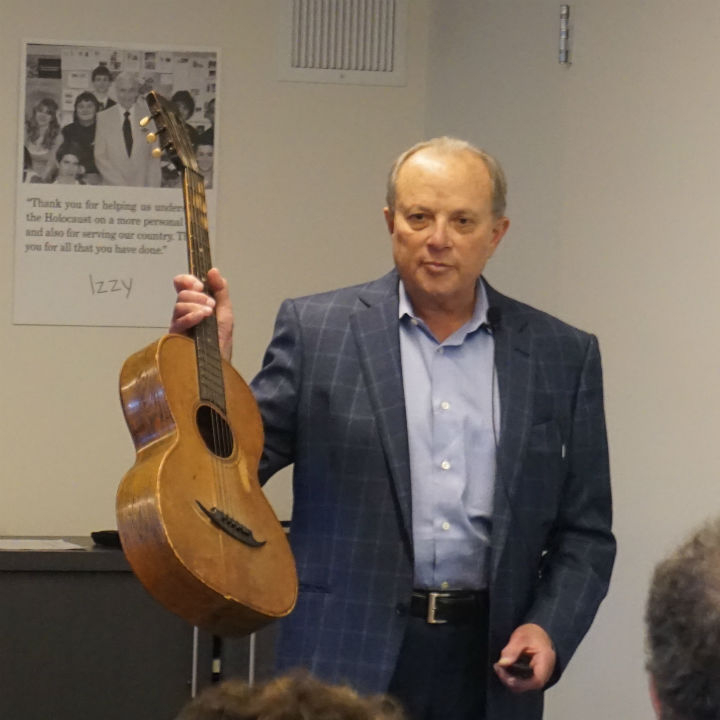
Steve Pruzan's grandparents and his mother fled Germany in 1939, and made their home in the United States.
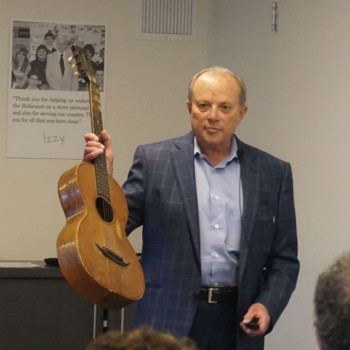
Steve Pruzan’s grandparents, Max and Helene Schlonau, owned a large farm in Germany. They had owned and operated the farm at Warmsen, Germany for many generations. It was a gathering place for family who lived nearby. His grandfather, Max Schlonau served in World War I. He studied agriculture, enlarged his land holdings, used the most updated agricultural methods, and invented a breeding method for cattle. He was a leader in the area and in the small Jewish community in Warmsen.
Max and Helene married in 1923 and Steve’s mother, Inge was born in 1924. After 1933, when Hitler became Chancellor of Germany, things got progressively more difficult for the Schlonaus. Inge had to take a 5 hour train ride to Hanover in order to go to school as Jewish students were not allowed in German schools. Max was arrested on Kristallnacht and held at Buchenwald Concentration Camp for 3 weeks until his wife paid a fine to get him released.
By 1938 they had made plans to leave Germany. Helene had a cousin who was already settled in Seattle, Dr. Hans Lehmann. Lehmann provided the Schlonau’s with an affidavit, and with Max’s agriculture experience, the family was able to expedite the visa process. They sailed from the Netherlands on September 1, 1939. The Schlonaus settled in Seattle where Dr. Lehmann was a prominent physician.
Steve’s mother, Inge attended Seattle University and graduated with a degree in nursing. She married Howard Pruzan, a Seattle attorney.
Steve is a practicing attorney in Seattle. He shares his family’s story as a member of the Speakers Bureau.
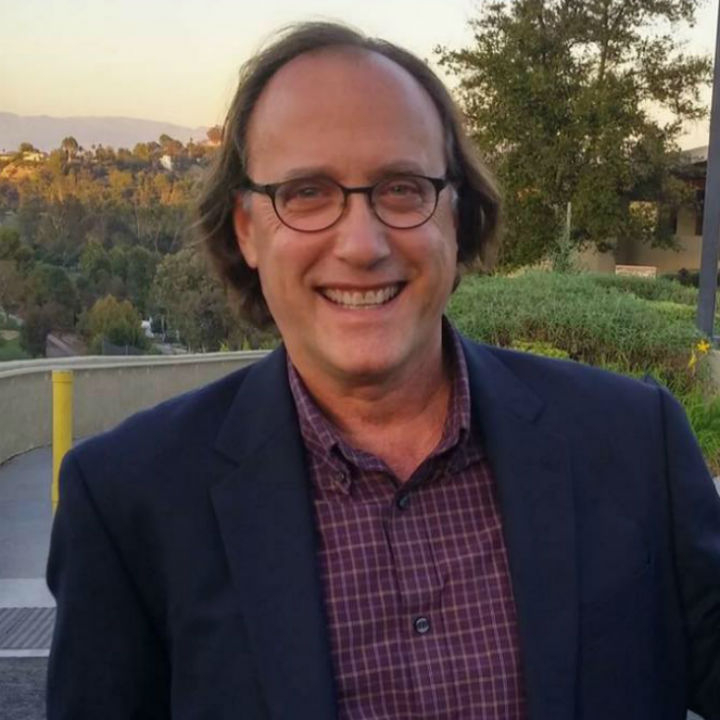
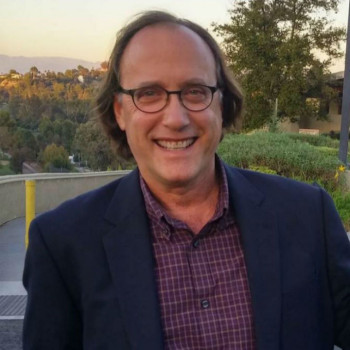 Ron Gompertz tells the story of his father, Rolf Gompertz. Ron is proud of his family heritage, and decided to research his father’s story so that he could help reach students who were studying the Holocaust. Ron tells his father’s story through video clips of his father telling about his own life, along with photos and documents that accompany his family research.
Ron Gompertz tells the story of his father, Rolf Gompertz. Ron is proud of his family heritage, and decided to research his father’s story so that he could help reach students who were studying the Holocaust. Ron tells his father’s story through video clips of his father telling about his own life, along with photos and documents that accompany his family research.
Rolf was born in Krefeld, Germany in 1927. Krefeld served as a hub for surrounding Jewish communities. Before 1933, there were 1,500 Jewish people living there. In 1933, when Rolf was only 6, the Nazi Party gained power in Germany.
Rolf’s memories include the fateful night of Kristallnacht on November 9, 1938. Nazi soldiers banged at the door of his parents' apartment demanding to be let in. They stormed into the apartment ready to arrest Rolf’s father. Rolf’s father ran into his office and pulled out his Iron Cross medal for valor in World War I.
Luckily, this time the Nazis left, but 30,000 Jewish men were arrested in the next few days.
The Gompertz family was fortunate to find a distant relative in Los Angeles who provided them with an affidavit to sponsor the family. They arrived in Los Angeles in June of 1939, just a few months before war broke out between Germany and Poland and deportations of Jews began.
Rolf entered the United States as a refugee. He started school in sixth grade barely speaking English, but grew up to be a journalist and author. He returned to Krefeld in 1987 to tell his story to adults and students. Rolf has also told his story to students in Los Angeles.
Rolf is very proud that his son, Ron, has decided to continue his mission of educating students about the Holocaust as a member of the Holocaust Center for Humanity Speakers Bureau.
Ron himself works in the Seattle area in the tech industry. In 2017, he published the novel Life's Big Zoo.
